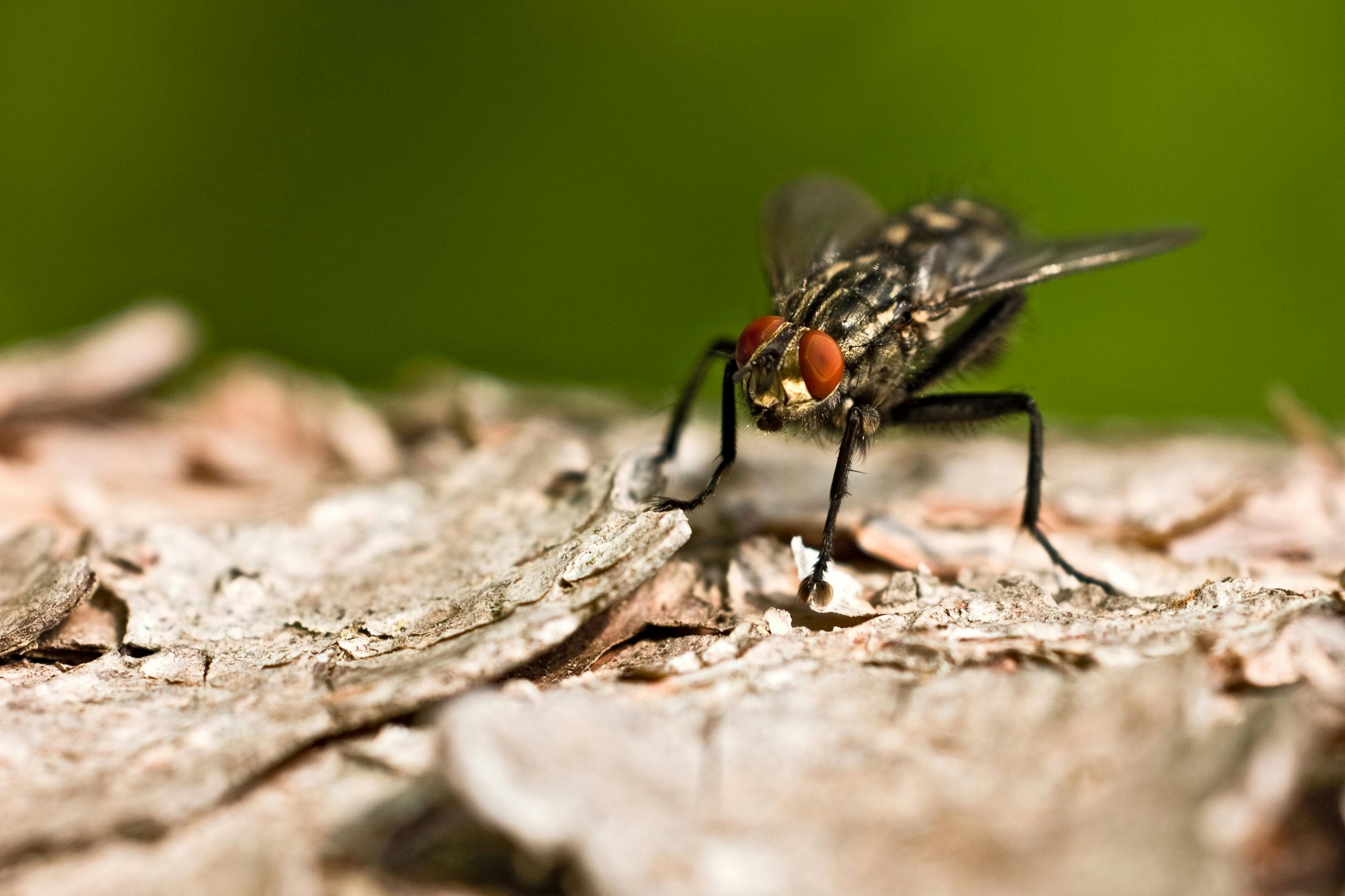The short answer is yes, citronella does repel flies—but let’s break it down. Citronella is an essential oil derived from lemongrass, and it’s well-known for its ability to deter a variety of pests, including flies. Its effectiveness lies in how it interferes with the flies’ sense of smell.
Flies use their strong olfactory senses to detect food, waste, or other attractants. Citronella’s scent masks those odors, making it harder for flies to hone in on their targets. Essentially, it confuses them, and they’re more likely to avoid areas where the scent is strong.
However, citronella isn’t a one-size-fits-all solution. Here are some key factors that influence its effectiveness:
- Concentration: The more potent the citronella oil in your candle, the better it works. Look for candles labeled with high essential oil content.
- Proximity: For citronella to work well, you need to be near the source of the scent. If the candle is too far away, the effect diminishes.
- Environment: Citronella works best in calm weather. Wind or outdoor airflow can quickly dilute its scent, reducing its ability to repel flies.
Is Citronella Enough on Its Own?
While citronella is effective in repelling flies, it’s not a permanent or all-encompassing solution. It works as a deterrent rather than a means of elimination. For the best results, citronella candles should be part of a broader fly control strategy that includes keeping your space clean and eliminating attractants like open food and trash.
So, while citronella does keep flies away, think of it as a temporary shield rather than a silver bullet. Combined with other efforts, it’s a reliable way to enjoy a more peaceful, pest-free evening outdoors.



